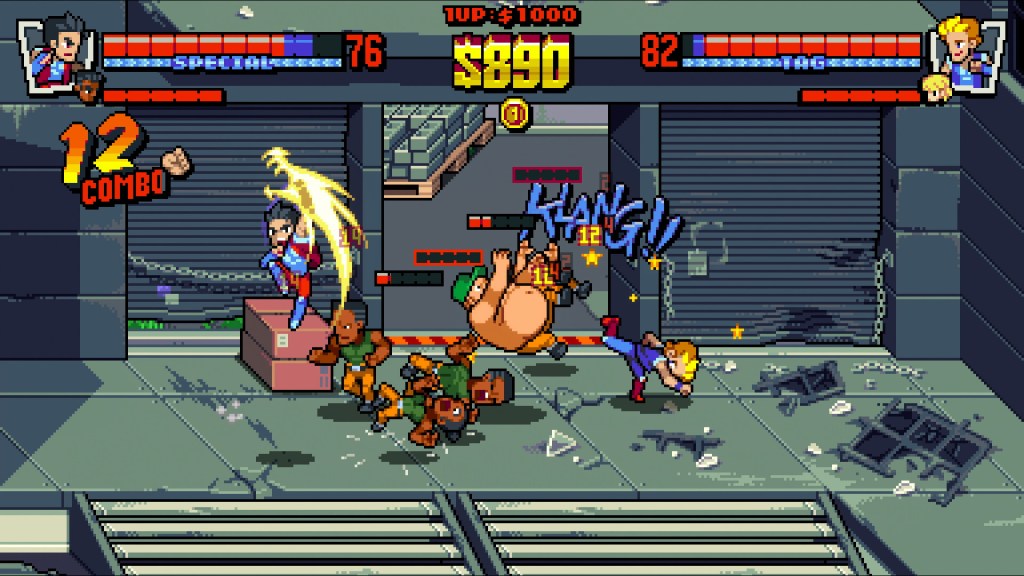Double Dragon Gaiden: Rise of the Dragons is the latest attempt to revitalize the beat ’em up genre, which has struggled to stay relevant since its coin-op heyday. It arrives while the genre has some actual momentum, with Streets of Rage 4 and TMNT: Shredder’s Revenge showing that a highly polished brawler can still hit if it’s designed around replayability. Double Dragon’s latest…
-
Better played in co-op
-
Lots of unlockable characters
-
Pretty fun once your character is powered up
-
Can be a slog early on
-
Limited number of stages
-
Roguelite implementation is hit and miss





